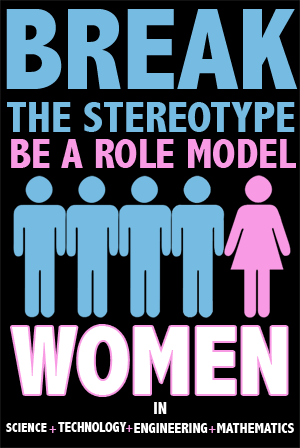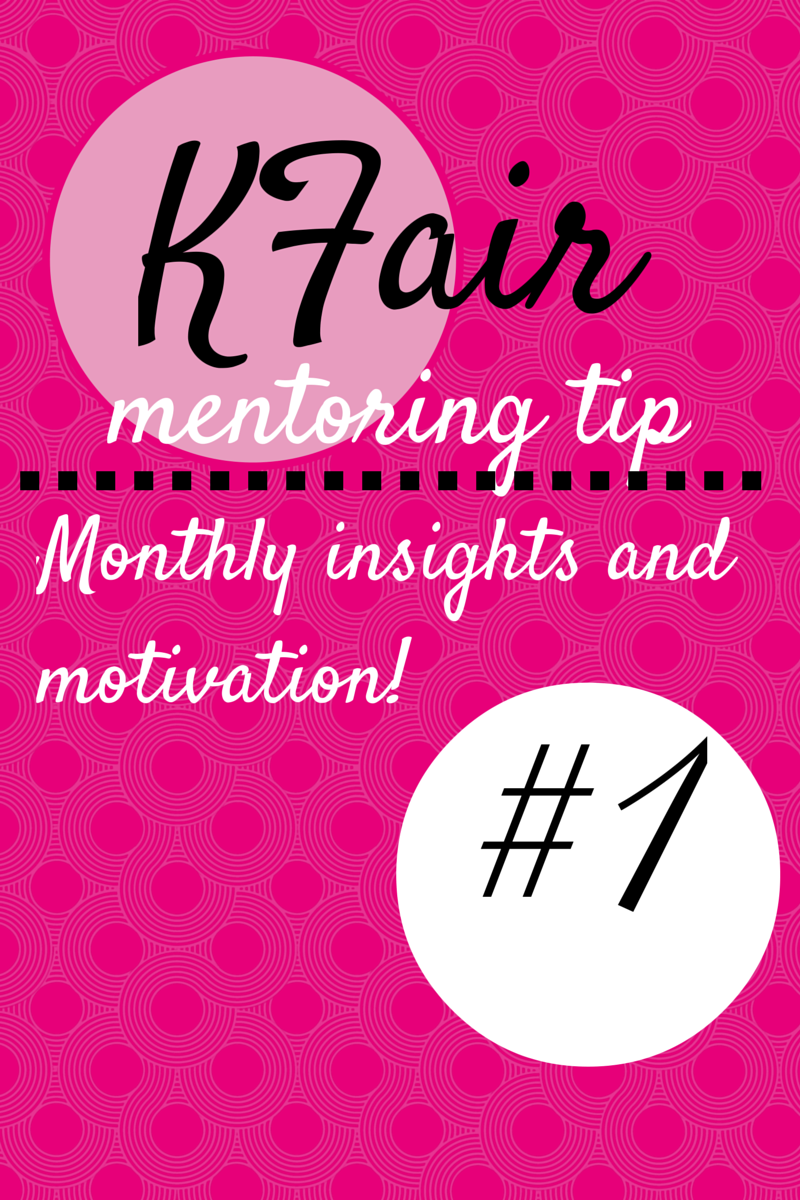We all know that women are just as good as men when it comes to STEM (Science, Technology, Engineering, and Math) careers. Society has been pushing to close the gender gap for jobs in these sectors—successfully! According to a HuffPost article, in 2013 more than half of all US biological scientists were women. More women are entering the careers in the life sciences; think biology, genetics, and even zoology.
But, this push towards gender equality in STEM hasn’t been felt equally across the fields. The number of men in technology/computing careers still ridiculously outweighs that of women. Consider this:
“At Google, women make up 30 percent of the company’s overall workforce, but hold only 17 percent of the company’s tech jobs. At Facebook, 15 percent of tech roles are staffed by women. At Twitter, it’s a laughable 10 percent. For non-technical jobs at Twitter (think marketing, HR, sales), the gender split is 50-50.”
 While women are getting careers at tech companies, they are not actually involved in computing roles. So, what gives?
While women are getting careers at tech companies, they are not actually involved in computing roles. So, what gives?
It’s the same old story. Our society has perpetuated the myth that boys are better at maths and sciences than girls. While many of us know that this is a stereotype and does not actually reflect real abilities, it still influences how we operate. HuffPost states, “Men are twice as likely as women to be hired for a job in mathematics when the only difference between candidates is gender.”
That type of thinking is what needs to be stopped! We need our girls to know that their gender does not influence their intelligence or abilities. Girls, boys, and those outside the gender binary are all able to learn computing skills and apply those skills to future careers. And why would you not? Technology and computing careers are some of the fastest growing fields in the United States—it is a means for success.
According to General Motors CEO Mary Barra, “There will be a war for technical talent.” At Polished Pebbles we want to properly prepare our girls for this battle. Join us this Second Saturday, December 12 at Blue 1647 to learn about opportunities in technology and computing! You don’t want to miss out on this opportunity to jumpstart your daughter’s interest in these exciting fields.
Let’s combat the stereotype together!





 While women are getting careers at tech companies, they are not actually involved in computing roles. So, what gives?
While women are getting careers at tech companies, they are not actually involved in computing roles. So, what gives?
